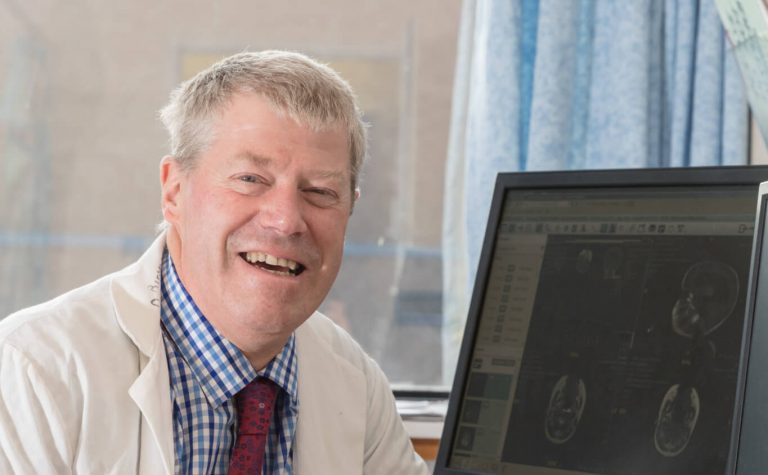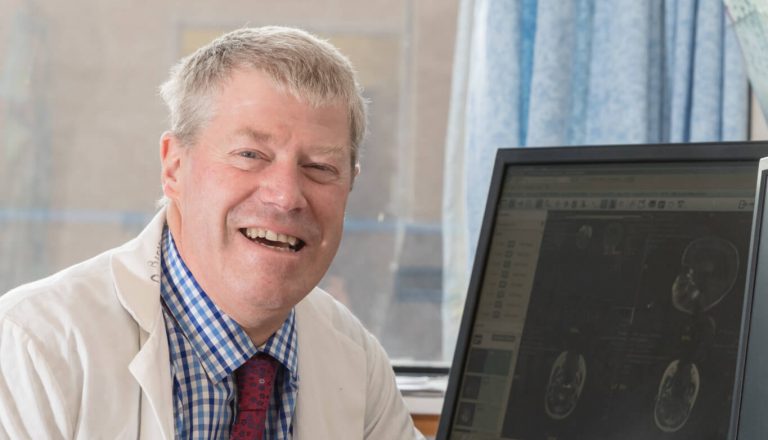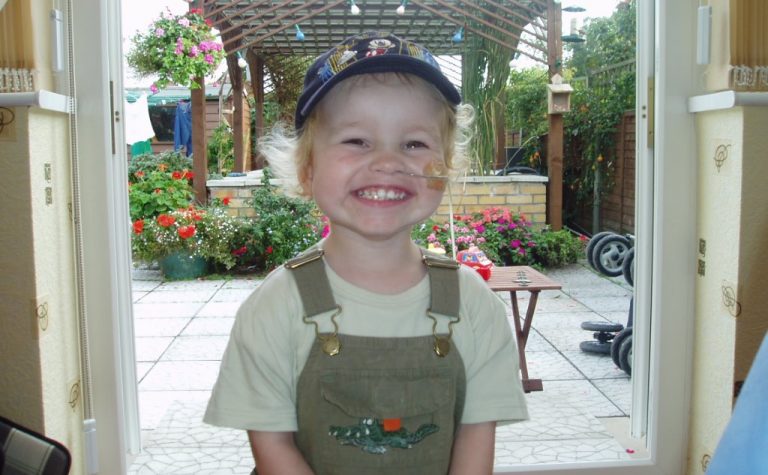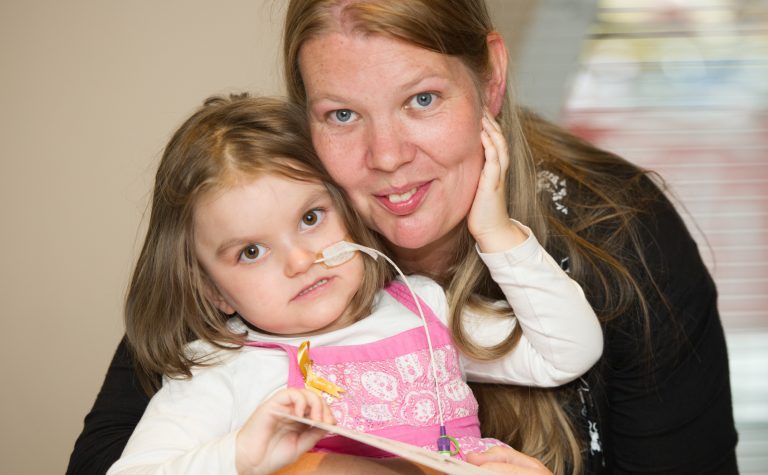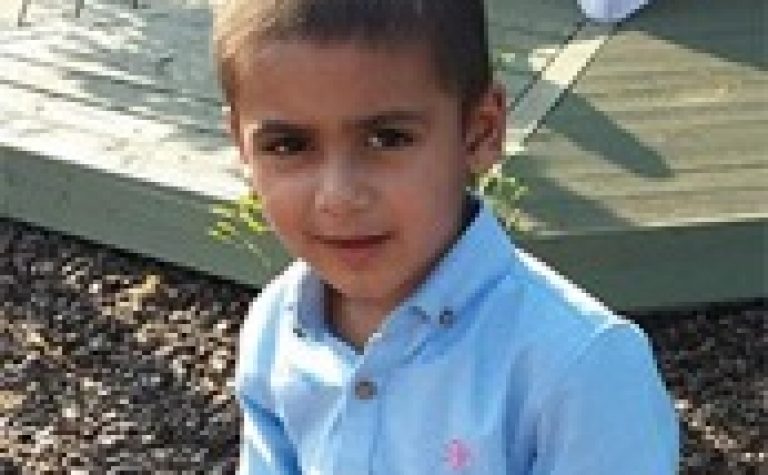Project Details
Project Title
BIOMarkers of Ependymomas in Children and Adolescents (BIOMECA) - Integrated Biological study within SIOP Ependymoma II trial organised by European Ependymoma Biology
Lead Researcher
Professor Richard Grundy
Research Centre
Children’s Brain Tumour Research Centre, University of Nottingham
City & Institution Postcode
Nottingham, NG7 2UH
Start Date
1 December 2015
Duration
48 months
Grant Amount
£494,498
